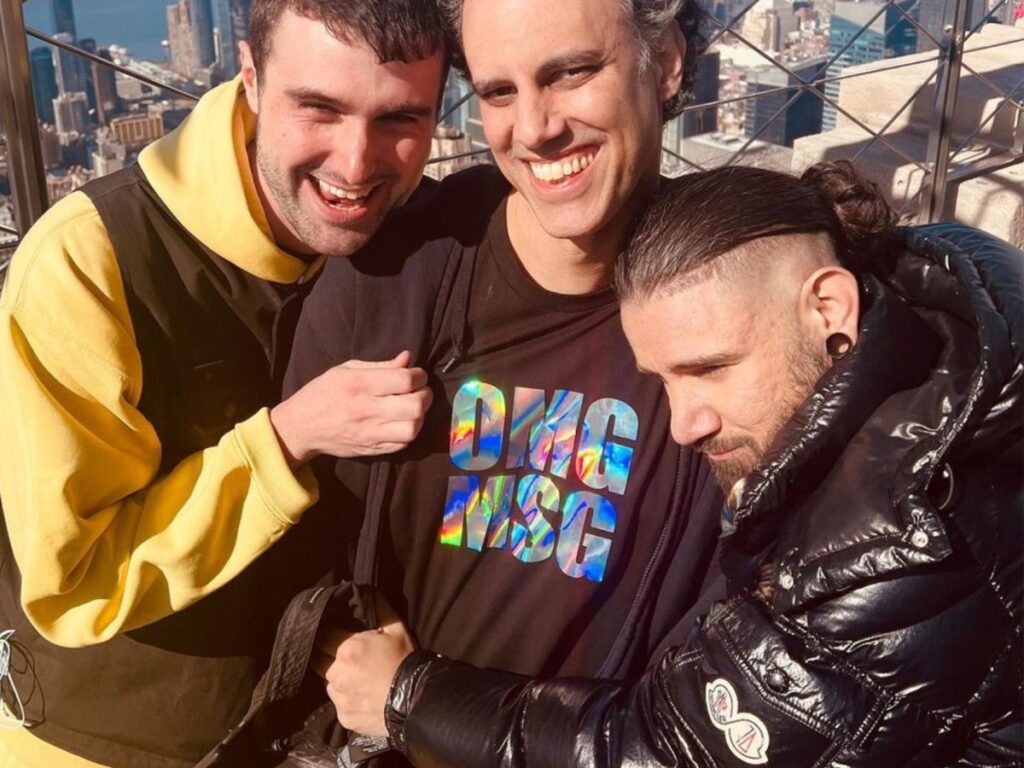Grimes on AI: “I think it’s cool to be fused with a machine”
Written by WOM writer on April 24, 2023
“Feel free to use my voice without penalty. I have no label and no legal bindings”
Grimes has taken to social media to express her thoughts about the use of artificial intelligence in music, and unsurprisingly she is fully onboard.
The eccentric musician took to Twitter last night (23 April) to share that she’d be happy to split the royalties on any track she’s featured on, using AI.
“I’ll split 50 [percent] royalties on any successful AI generated song that uses my voice,” she wrote on the app, while sharing a headline about the fake Drake and The Weeknd song that was created by AI.
“Feel free to use my voice without penalty. I have no label and no legal bindings,” she continued. “I think it’s cool to be fused w a machine and I like the idea of open sourcing all art and killing copyright”.
I’ll split 50% royalties on any successful AI generated song that uses my voice. Same deal as I would with any artist i collab with. Feel free to use my voice without penalty. I have no label and no legal bindings. pic.twitter.com/KIY60B5uqt
— 𝔊𝔯𝔦𝔪𝔢𝔰 (@Grimezsz) April 24, 2023
Grimes has never been shy in talking about the newest technology, but conversation has unsurprisingly been spurred on after the release of the viral “Heart on my Sleeve”. Created by TikTok user Ghostwriter977, the track artificially created vocals by Drake and The Weeknd, without their consent and knowledge.
In response to this, Universal Music Group requested that streaming services block access from AI services that might be using music on their platform to train their algorithms.
“The training of generative AI using our artists’ music (which represents both a breach of our agreements and a violation of copyright law) as well as the availability of infringing content created with generative AI on DSPs, begs the question as to which side of history all stakeholders in the music ecosystem want to be on: the side of artists, fans and human creative expression, or on the side of deep fakes, fraud and denying artists their due compensation,” UMG said in a recent statement to Rolling Stone.
“These instances demonstrate why platforms have a fundamental legal and ethical responsibility to prevent the use of their services in ways that harm artists.”
Source: Tamzin Kraftman – musictech.com





